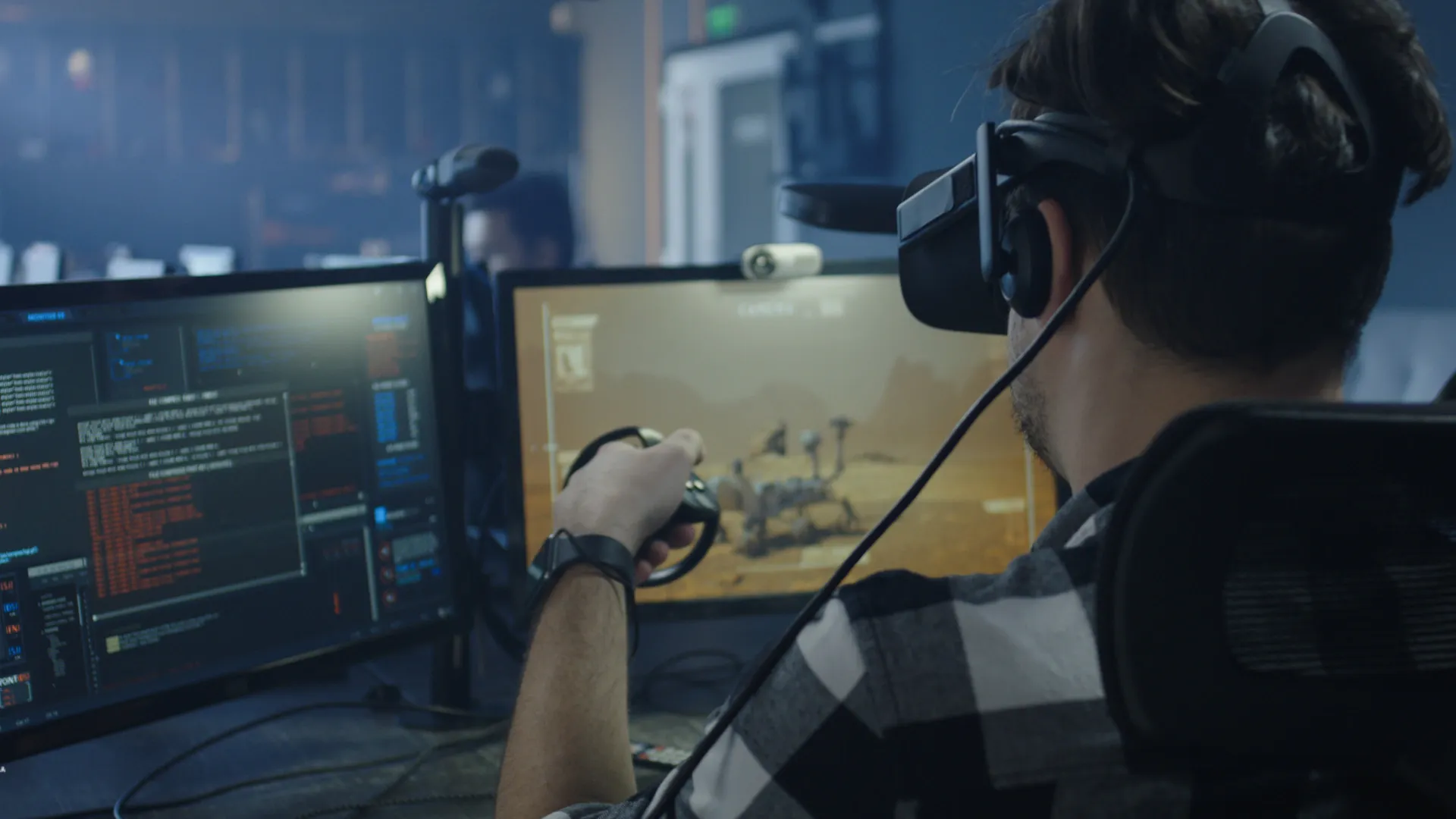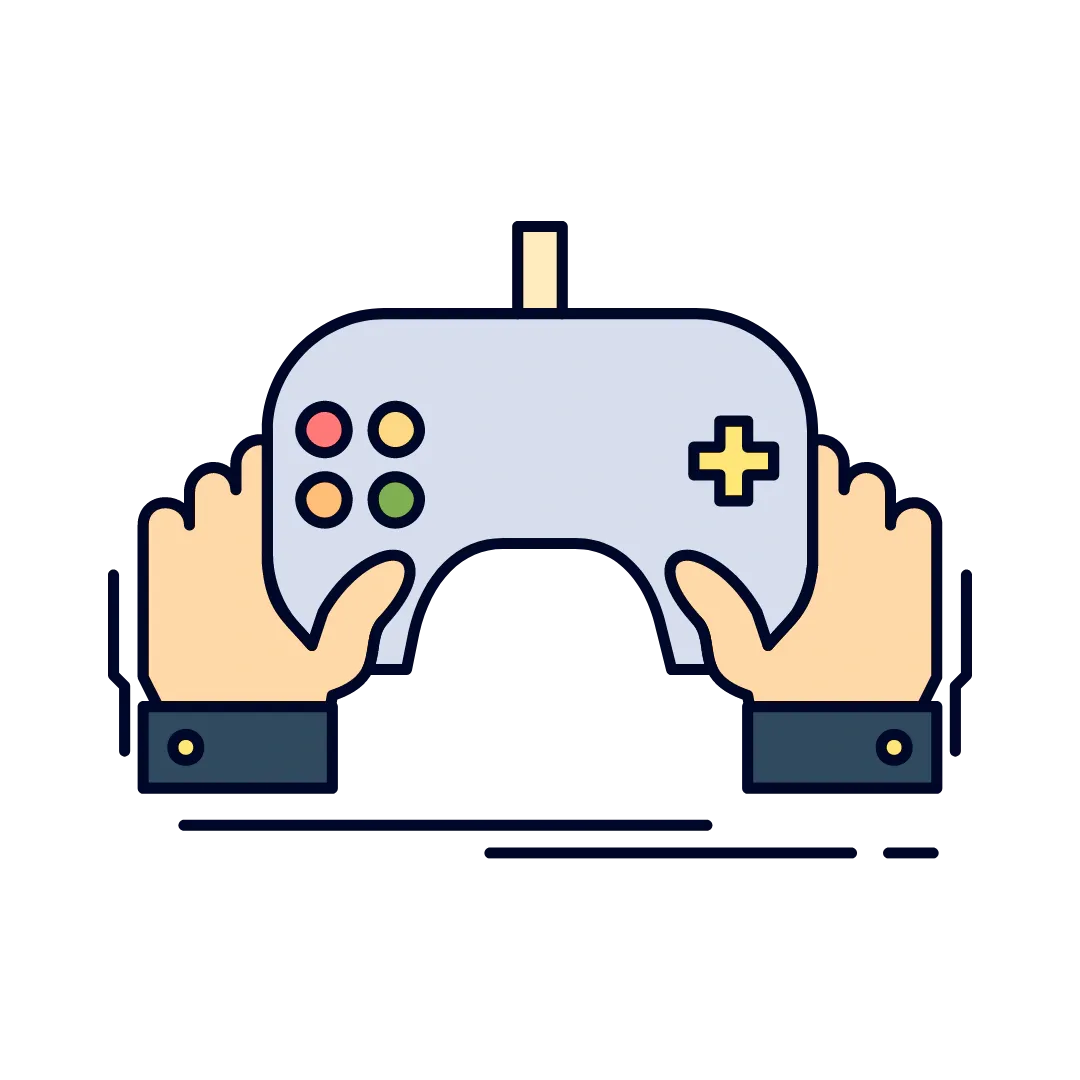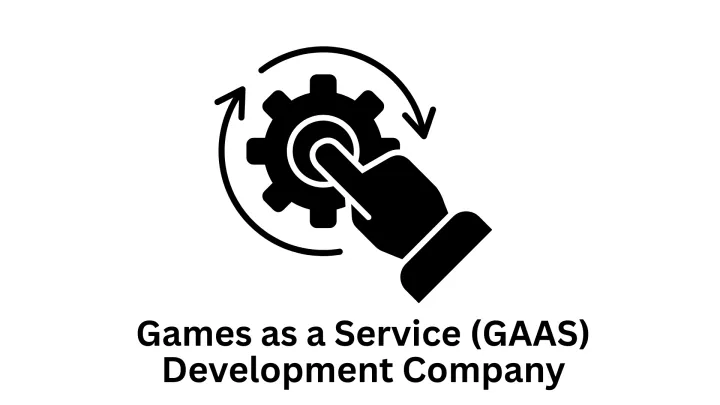Level Up Your Career: A Guide to Game Development and How to Break In

The world of video games is a multi-billion dollar industry, offering a wealth of exciting and creative career opportunities. Whether you dream of crafting immersive worlds, designing compelling characters, or coding the next hit gameplay mechanic, a career in game development can be incredibly rewarding. But where do you start? This guide will walk you through the diverse roles in game development, the essential skills you need, and how to acquire the training necessary to level up your career.
Diverse Roles in Game Development
Game development is a collaborative effort, requiring a wide array of talents. Here are some of the key roles:
- Game Designer: The architect of the game, responsible for the core concept, gameplay mechanics, and overall vision.
- Game Programmer: The coding wizard who brings the game to life, implementing features, fixing bugs, and optimizing performance.
- Game Artist: The visual storyteller, creating characters, environments, and animations that immerse players in the game world.
- Sound Designer: The audio engineer, responsible for music, sound effects, and voice acting that enhance the game experience.
- Game Writer: The wordsmith, crafting dialogue, narrative, and lore that build a captivating story.
- Level Designer: The world builder, creating the environments and challenges that players navigate.
- Producer: The project manager, overseeing the development process, managing budgets, and ensuring deadlines are met.
- Quality Assurance (QA) Tester: The bug hunter, rigorously testing the game to identify and report issues.
Essential Skills for Game Developers
- Creativity: The ability to generate original ideas, solve problems, and think outside the box.
- Technical Skills: Depending on your role, proficiency in programming languages (C++, C#, Python, etc.), game engines (Unity, Unreal Engine), and other software tools is often required.
- Collaboration: Game development is a team sport. Strong communication and teamwork skills are essential.
- Passion: A genuine love for games is a major motivator that can help you persevere through challenges.
- Problem-Solving: The ability to analyze complex issues and devise effective solutions is crucial.
How to Learn and Train for Game Development
- Formal Education: A degree in game design, computer science, or a related field can provide a solid foundation.
- Online Courses and Tutorials: Platforms like Udemy, Coursera, and GameDev.tv offer a vast array of courses on game development topics.
- Game Jams: Participating in game jams, where you create a game within a limited timeframe, is a great way to gain hands-on experience and collaborate with others.
- Personal Projects: Building your own games, even simple ones, allows you to experiment, learn new skills, and build a portfolio.
- Internships: Internships at game studios can provide valuable real-world experience and networking opportunities.
Building Your Portfolio
As you learn and train, create a portfolio to showcase your work. Include finished projects, game jam entries, and even prototypes. A strong portfolio can make you stand out when applying for jobs.
Breaking into the Industry
The game development industry is competitive, but with the right skills, passion, and portfolio, you can land your dream job. Start by applying for junior positions, internships, or even freelance gigs. Network with other developers, attend industry events, and never stop learning.
Conclusion
A career in game development offers a unique blend of creativity, technical challenges, and the satisfaction of bringing joy to millions of players. By following the steps outlined in this guide, you can gain the skills and experience needed to level up your career and unlock your potential in this exciting industry.
To learn more, consider reading other articles, blogs, and stories in this area.











